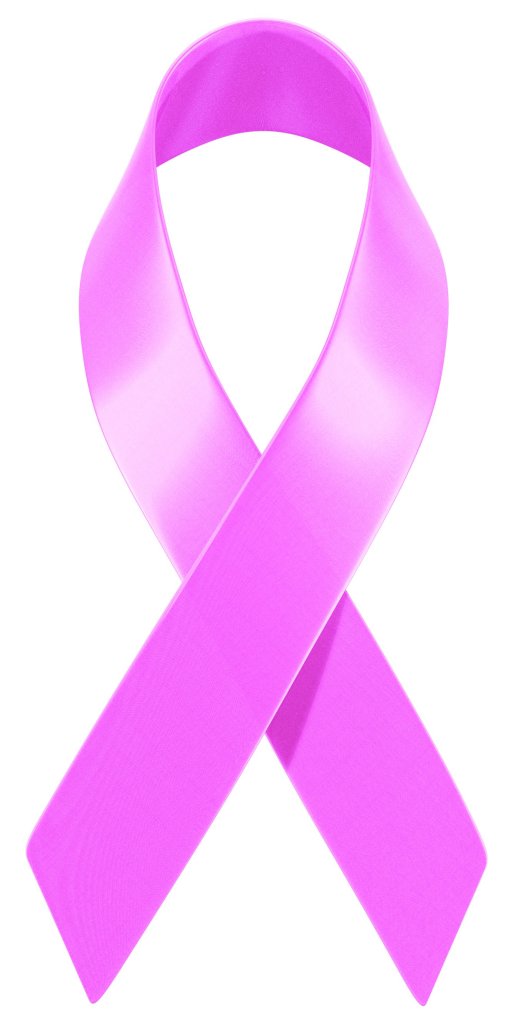BREAST CANCER AWARENESS: Cheek swab cancer screening offered in Limestone
Published 10:00 am Sunday, October 6, 2019

- PinkRibbon.jpg
People in Limestone County will have an opportunity to know if they have an increased risk of breast or ovarian cancer, thanks to a new and simple cancer screening program.
A cheek swab test is being offered for free to any woman or man between the ages of 28 and 30 in Limestone, Madison, Jackson, Marshall and Morgan counties from now until Nov. 6.
For those who would like to take the test who are not in that age range, it will be offered for a discounted rate of $129 for adults over 19 in those five counties.
The test is being offered by HudsonAlpha Institute for Biotechnology in Huntsville, in conjunction with Kailos Genetics and Russel Hill Cancer Foundation.
“This actual test was developed by Kailos Genetics on the HudsonAlpha campus,” Margetta Thomas, media relations specialist with HudsonAlpha, said. “It tests for the BRCA 1 and 2 genes, which are associated with breast and ovarian cancer, and also genes linked to other cancers. It does not tell you if you have cancer, just your genetic risk for developing cancer.”
To order a test kit, visit www.information-is-power.org and fill out the requested information for a kit to be mailed to your home. Thomas said there is plenty of information on the website about the test and what it means.
“There are videos with genetic counselors they have to watch before they can order the kit so they know what the test means and what it could mean for your family,” Thomas said. “We want everybody to know exactly what they should expect and want to make sure we’re fully up front with them.”
A different cheek swab cancer screening program was recently found to be a Medicare scam, but Thomas said this test has the backing of the Russel Hill Cancer Foundation along with the genetics and biotechnology companies.
“We want to make sure people know this is a collaborative thing with you and your physician,” Thomas said. “We do not sell or do anything with your data. The most you can do is consent to have your data used for research purposes.”
Thomas said after the test is completed and sent back in, a person’s genetic data will be examined to see if a person has an enhanced genetic risk for cancer. If so, a genetic counselor will call the person and go through the next steps.
“They may suggest things to talk about with your doctor or suggest another genetic counselor to speak with,” Thomas said.
Thomas said the 28–30-year-old age range is important for the screening because it gives people plenty of time to plan their next steps should they be at an enhanced genetic risk for cancer.
“It’s important to know early so you can take precautions,” Thomas said. “We wanted to make sure people could have access to this kind of testing regardless of their genetic history. About 75% of individuals who have received positive results reported no family history of cancer. That’s why this screening is so important. Knowledge is power, and we want people to have the knowledge they need.”





